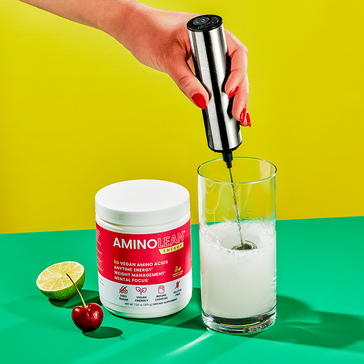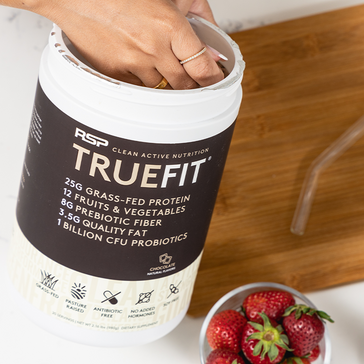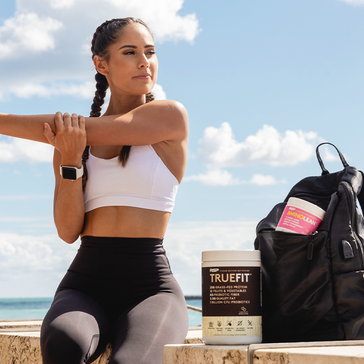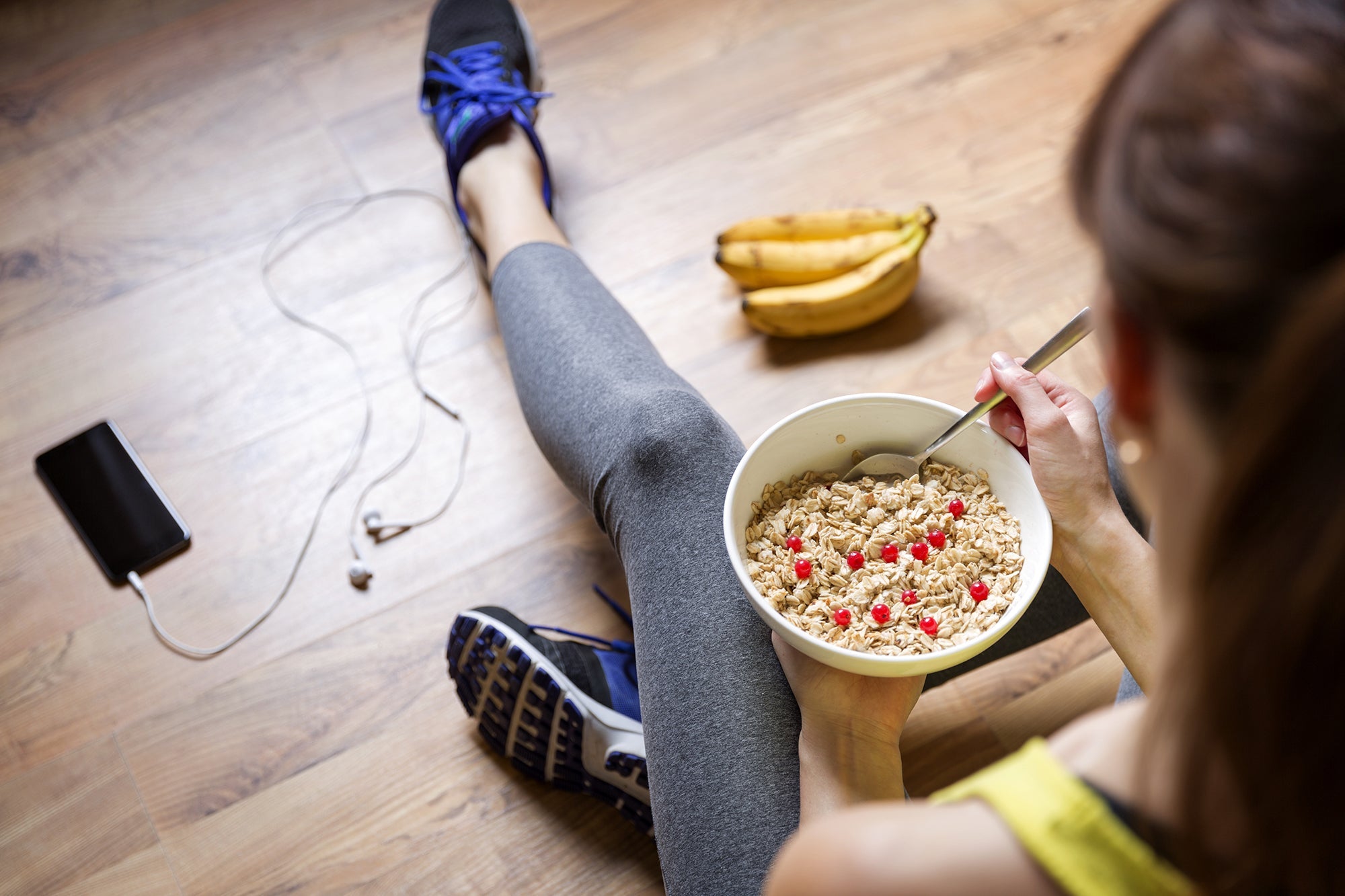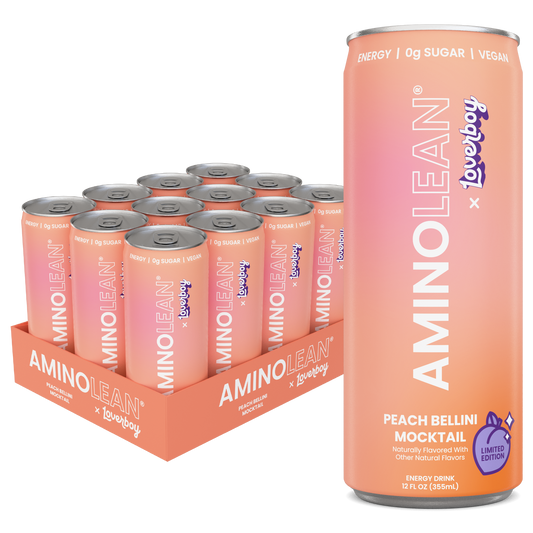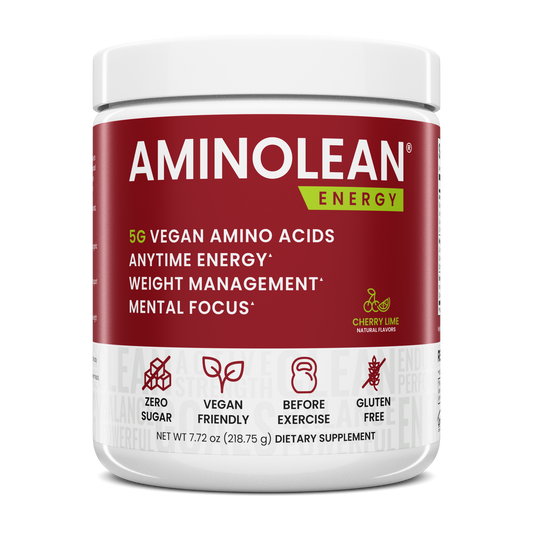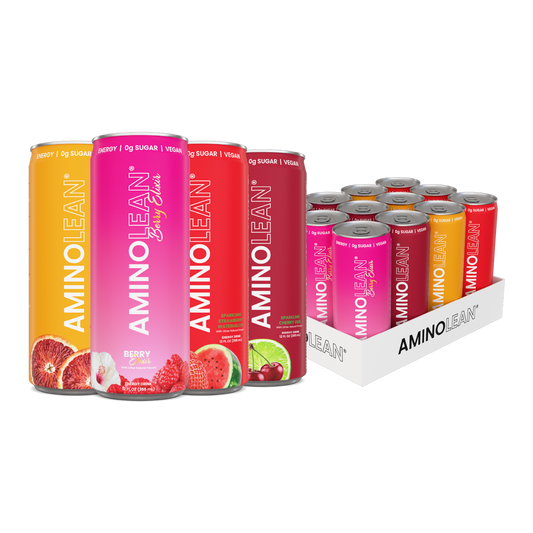By: Gabrielle Kassel
INTRO
If you’re a regular exerciser, you probably have your post workout routine down pat: make a pit-stop by the water fountain, wrangle out of your sweat-soaked gear, shower (or swipe on a stick of deodorant), and then get on with your day. Well, according to experts there’s one activity that needs to be on that list: eating!
That’s right, what you eat after your workout is crucial to your success. Learn more about post workout nutrition below—including what snacks and meals experts recommend.
Why Post Workout Nutrition Is Important
“Refueling and replenishing the bodies energy stores is essential for muscle recovery and growth,” says Jonathan Valdez, R.D.N., owner of Genki Nutrition and spokesperson for the New York State Academy of Nutrition and Dietetics. “What you eat after exercise is crucial in helping you achieve your goals whether that’s gain muscle, lose weight, or get faster,” he says. More specifically, eating the right foods at the right time.
What if you’re not properly refueling? Well, your muscles won’t recovery as efficiently or quickly, which ultimately delays progress. You may even experience symptoms like fatigue, trouble sleeping, irritability, generalize muscle soreness, lack of progress towards your goals, and even an increased incidence of injury.
It’s also important to consider when you’re going to eat. According to a findings published in the Journal of the International Society of Sports Nutrition, you want to refuel within about 30 minutes of working out. Valdez adds: “Try to eat as close to post workout as possible—if you ate right before your workout and your stomach can’t tolerate more food, try to have a small snack like chocolate milk and eat a full meal in a few hours.”
What To Eat After A Workout
Eating after a workout is all about replacing the calories that were burned during the workout, says Carolyn Dean, MD, ND. But where should those calories come from? Valdez recommends a macronutrient breakdown that’s around 3 parts carbohydrate to 1 protein. For example, 75 grams of carbohydrate for every 25 grams of protein. And some experts also recommend a little bit of fat for boosted satiety. Below, learn more on how each of the three macronutrients are important for post-workout nutrition.
1. Carbs
Whenever we eat carbohydrates, our bodies break them down into individual molecules called glucose. Our bodies either use this glucose immediately for energy, or store it in our muscles as glycogen. When we exercise, though, our body use up these glycogen stores to support whatever physical activity we’re doing.
That’s why, after a workout, Dr. Dean says, “The majority of those calories should be replaced with complex carbohydrates that will replenish the glycogen that’s been depleted during exercise.” Remember, you’ve just used up most (if not all) of your glycogen stores, so you can probably eat more carbohydrates than you realize. How much exactly? Up to 75%, according to Valdez.
To refill the tank, Dr. Dean suggests complex carbohydrates like whole grains (whole wheat bread), legumes, high-protein, starchy vegetables, and nuts.
2. Protein
Strength training causes microtears in the muscle fibers, which the body repairs and allows us to grow back strong. But the body needs protein to do this, explains Dr. Dean. Why? Protein is made up of molecules called amino acids which are the building blocks of muscles.
Monica Auslander Moreno, MS, RD, LD/N, nutrition consultant for RSP Nutrition says the sweet spot is around 20 to 30 grams. But serious athletes may requires more protein—especially if the goal is to build muscle mass. If you think that might be you, Valdez suggests using the following formula to find your protein needs” Divide your weight by 2.2 to get kilograms. Then, if you’re an endurance athlete, multiply that number by 1.2 and 1.4 to get a range of the recommended protein for muscle recovery for the day. If you’re a strength or power athlete, multiple your weight in kilograms by 1.2 and 1.7 to find your range.
That means an 150 pound endurance needs 82 to 95 grams of protein throughout the day, while a strength athlete of the same weight requires up to 116 grams.
If that seems like a lot, consider this, 4oz of chicken has 30 grams of protein, 1 egg has 6 grams, and most Greek yogurt tubs offer 17 grams. These and cottage cheese, oatmeal with nut butter or protein powder, or a quality protein shake or smoothie, or grass fed meats are all great protein-rich options, says Moreno.
Remember: the calculation you found above it your protein needs for the whole day. “Consistent protein is actually better than stuffing protein into yourself once a day right after a workout,” says Moreno.
3. Fats
“Many athletes still think that eating fats produces fat and makes you fat,” says Dr. Dean. “But research shows the opposite!”. Rather, fats are energy-dense, aid in satiety, and help the body absorb fat-soluble nutrients like vitamin A, D, K and E. That’s why she suggests incorporating some fat in your post-workout meal. (See More: Everything You Should Know About Dietary Fat).
Her favorite good-for-you fats include olive oil, coconut oil, sesame oil, avocado oil, ¼ an avocado, olives, free range meats, fatty wild fishes, legumes cottage cheese, swiss cheese, cheddar, and nuts or nut butter.
Still, you don’t want to force a big fatty meal down post-workout—even if that’s what you’re craving. Most animal and non-animal protein sources will have a sufficient amount of fat as is.
Expert-Approved, Post-Workout Refuel Suggestions
Now that you know the macronutrients you need, let’s get an idea of what that looks like on your plate. The following eight snacks and meals some of Valdez’s go-to’s for post-workout eats. Your muscles and taste buds will love them. (Related: The 5 Best Pre-Workout Snacks To Eat Before The Gym).
- Protein smoothie made with bananas, mixed berries, ½ cup yogurt, almond milk, spinach
- Peanut butter and jelly sandwich on 2 slices of whole wheat bread or whole grain english muffin
- Tuna salad sandwich with chopped celery and low-fat mayonnaise on 2 slices of whole wheat bread
- 3-ounces salmon with a cup of brown rice and roasted carrots, plus an apple or orange on the side
- Spaghetti with 2 to 3 ounces of lean beef and one to two cups of mixed colorful vegetables mixed in
- Chicken burrito made with beans, cheese, and brown rice
- 1 cup chocolate milk
- Sliced apple with peanut butter or almond butter, and drizzle of honey
The Takeaway
Refueling optimally post-workout is definitely important, and these guidelines can help you build a post-workout meal that supports your efforts in the gym. But Dr. Dean offers this reminder: “There is absolutely no longer a one-size-fits-all nutrition protocol for athletes. Every athletes exercise regime and body is different.”
So, always follow your body’s hunger cues, and if you’re not seeing your results in the gym pay off, consider talking with a registered dietician or sports nutritionist.
BIO
Gabrielle Kassel is a New York-based wellness writer and CrossFit Level 1 Trainer. She's become a morning person, taken ACV shots, and eaten, drank, brushed with, scrubbed with, and bathed with charcoal all in the name of journalism. In addition to RSP Nutrition, her work has appeared on Well & Good, Health, Shape, Women’s Health, Greatist, and more. In her free time, Gabrielle can be found reading romance novels, bench-pressing, or yep, pole dancing.
